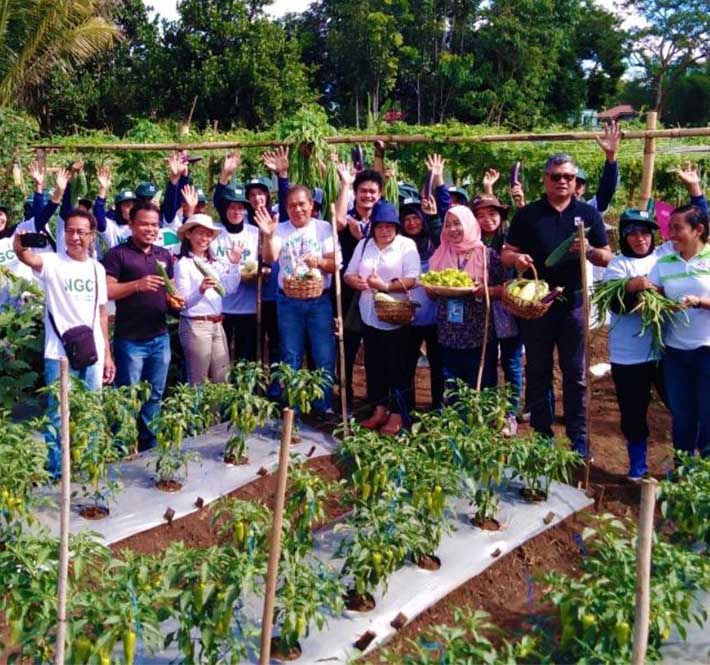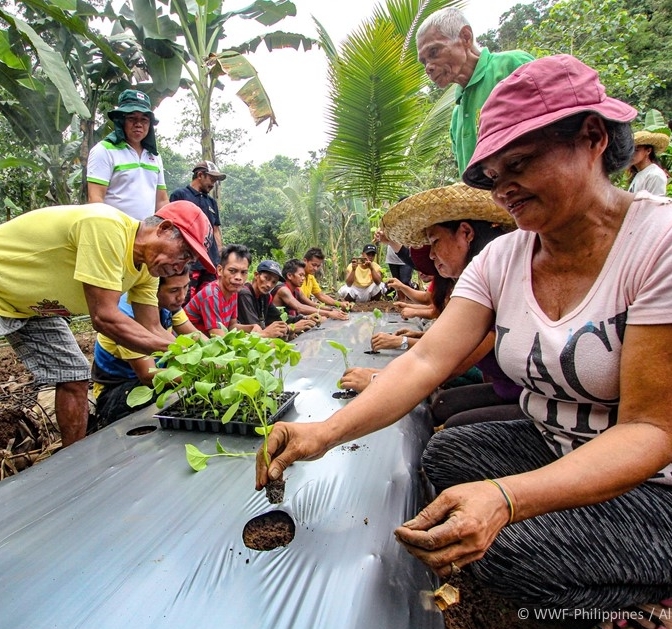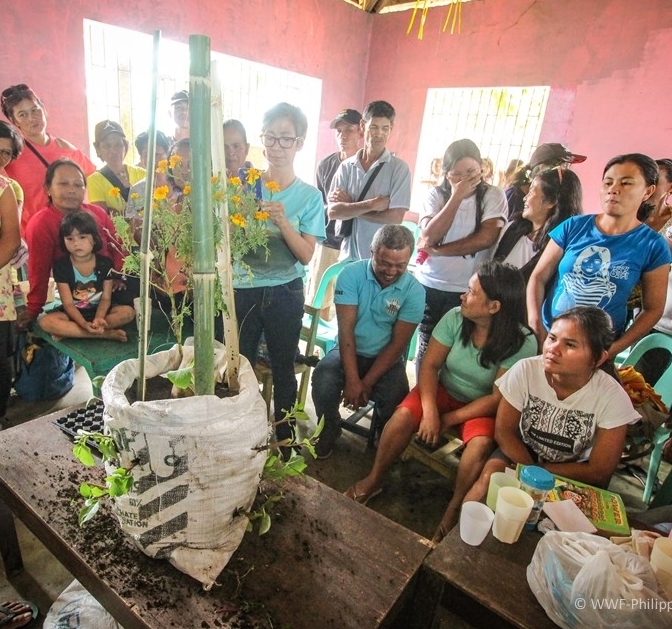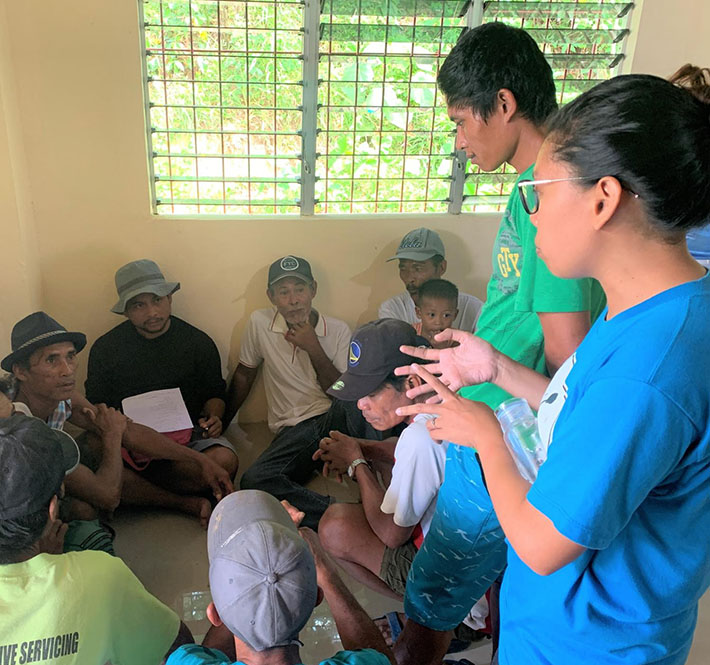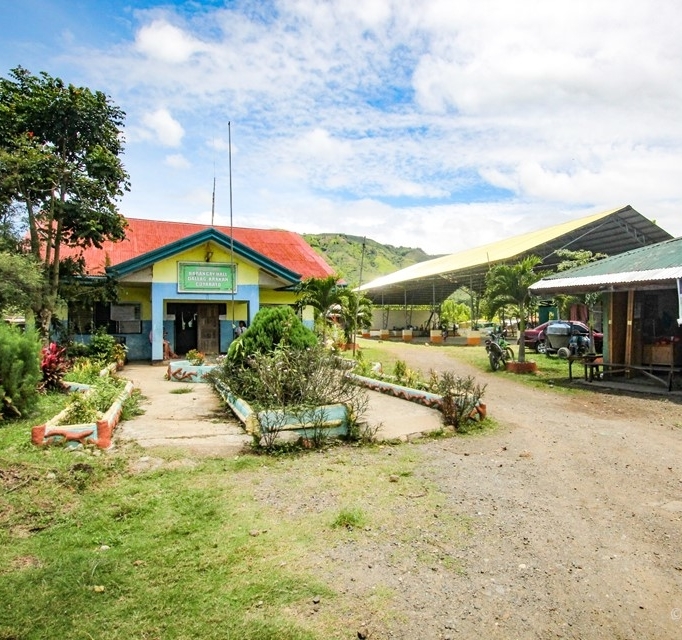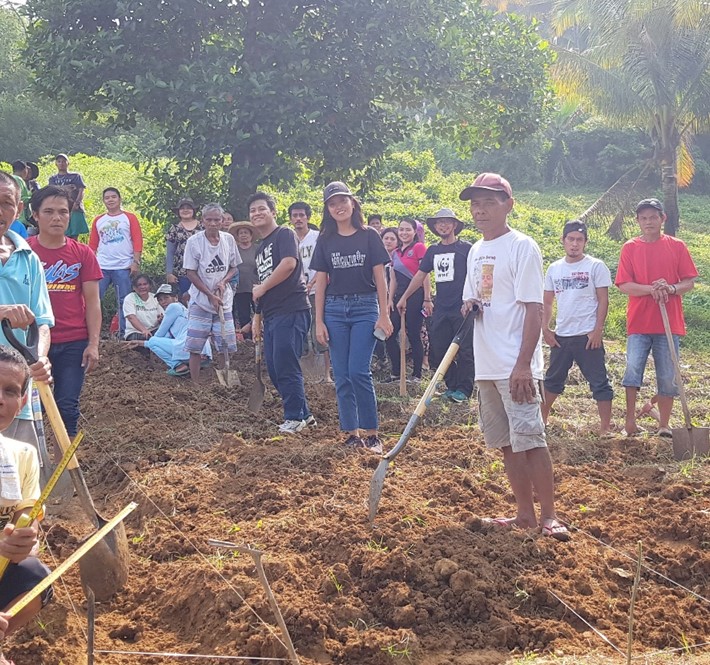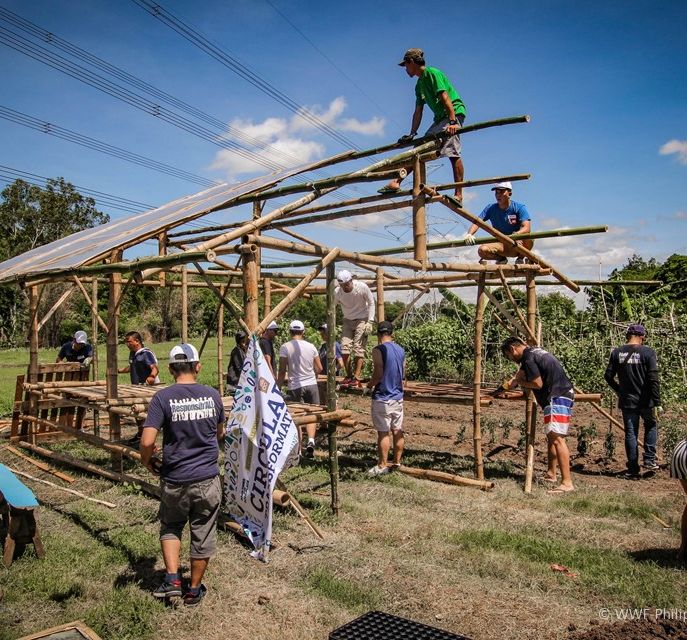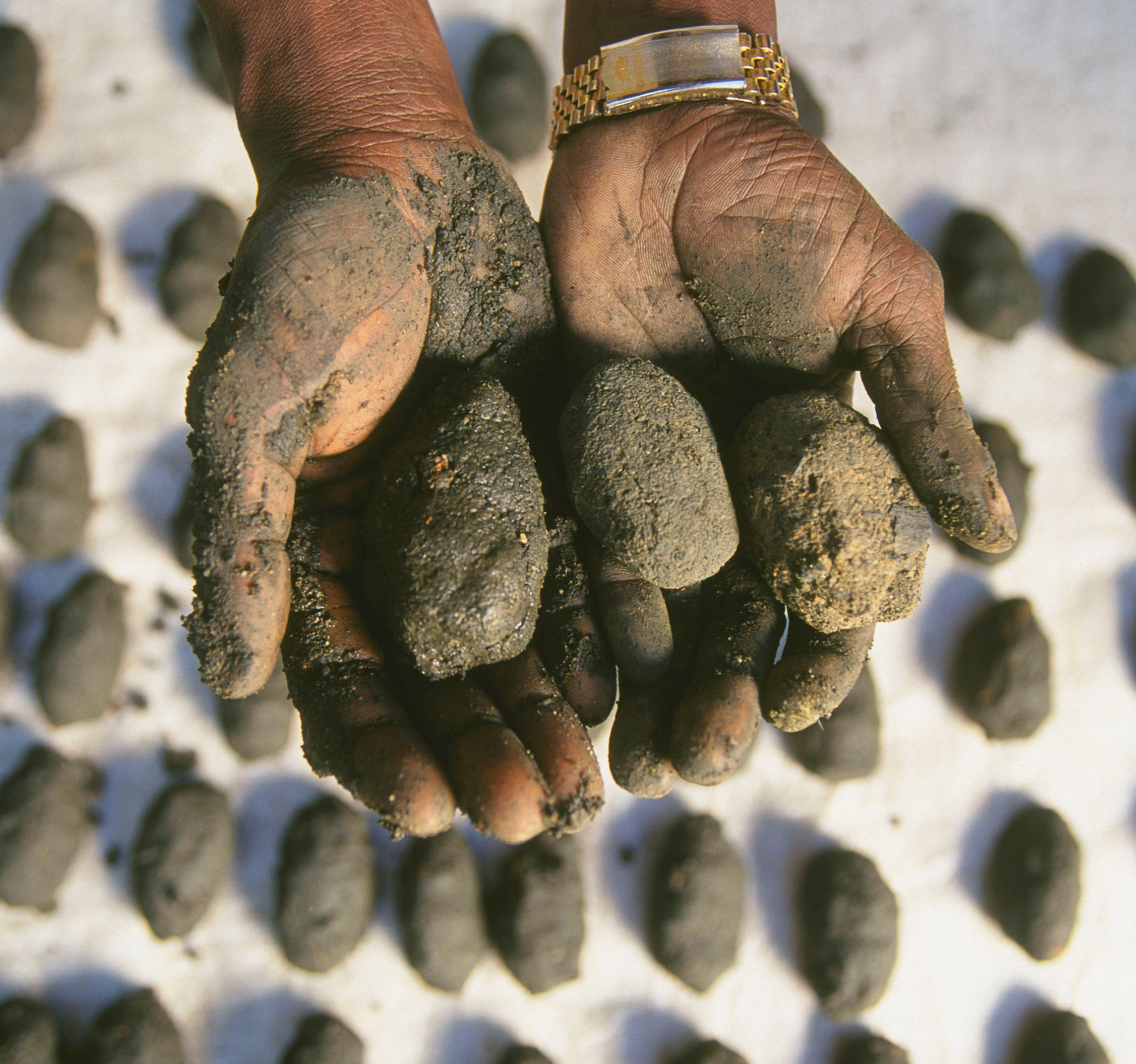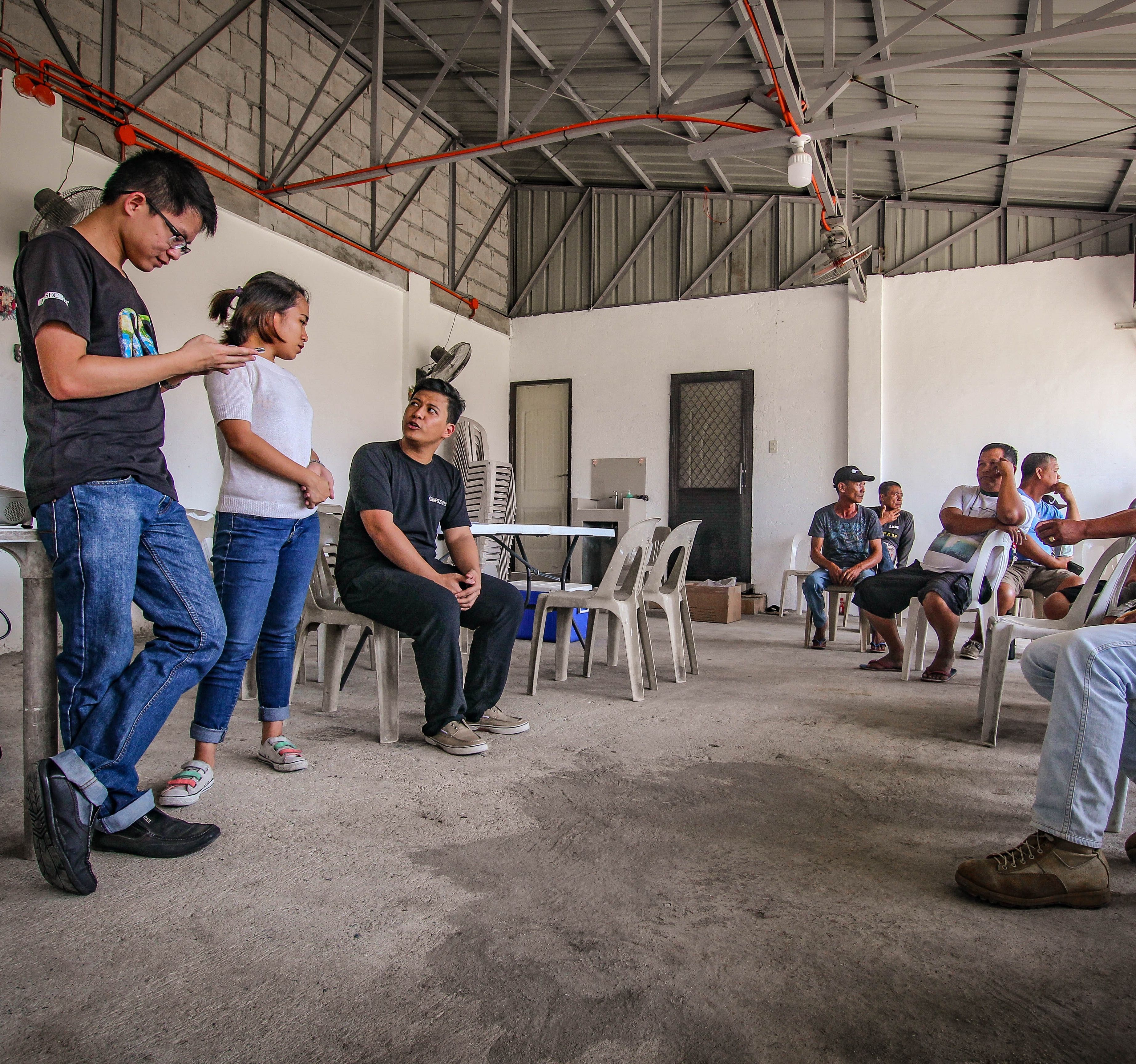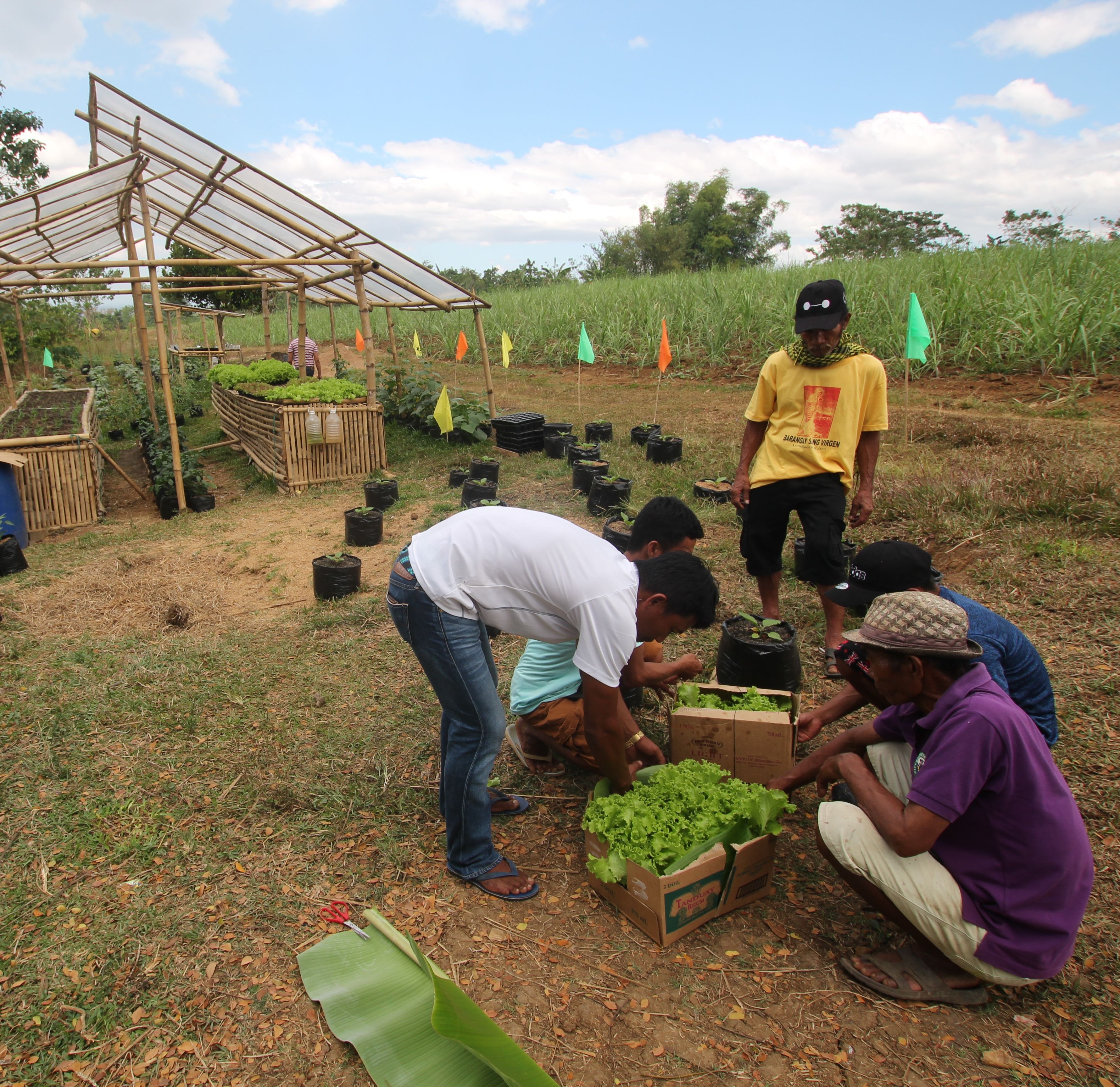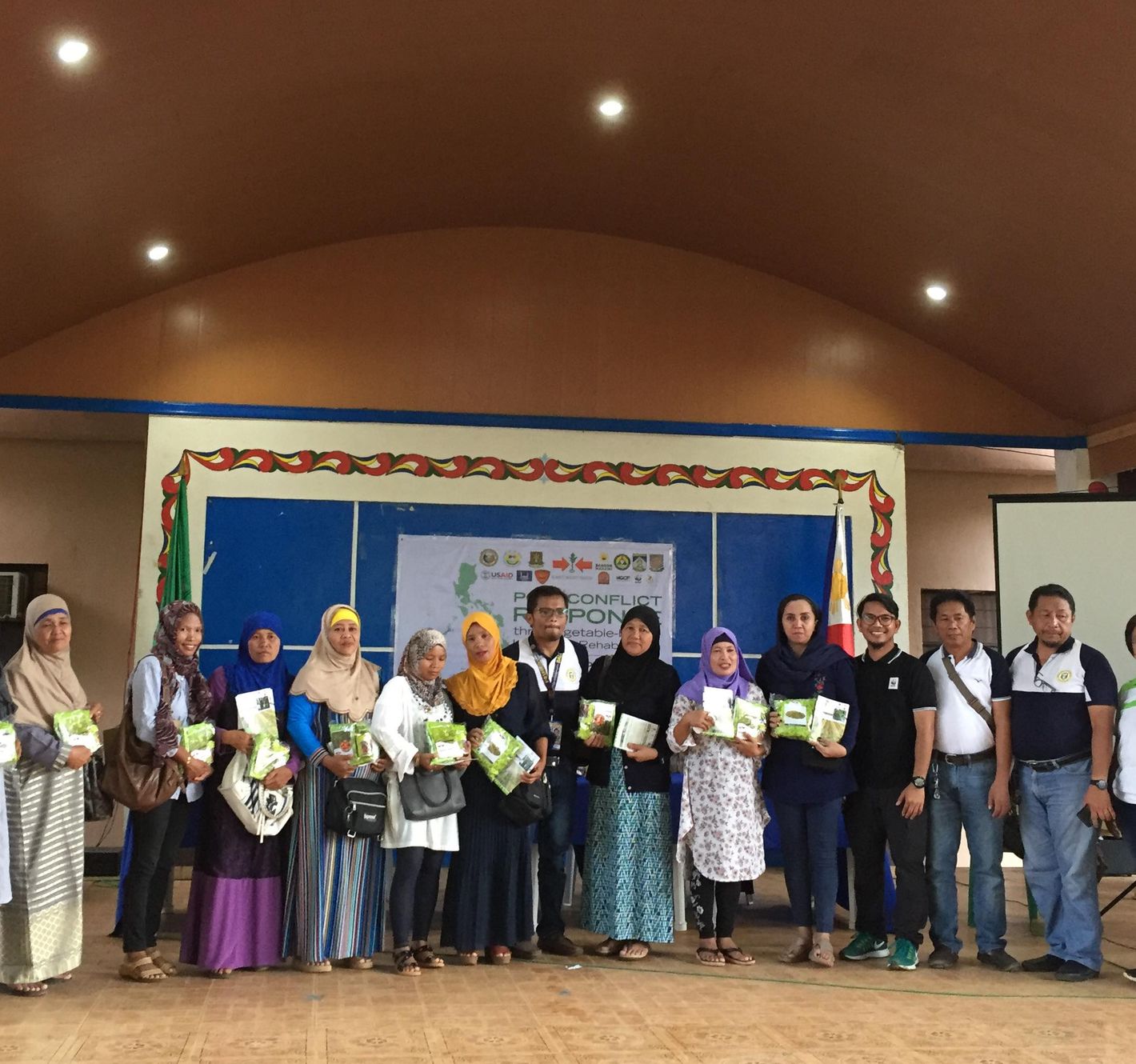From the plains of Pampanga to the fields of Negros and down into Compostela Valley, WWF-Philippines has been working with rural communities in the name of food security for the most vulnerable of Philippine society.
Many Filipinos are unable to enjoy three square, balanced meals a day. With little access to good nutrition, families find themselves stacked beneath medical problems and subsequent bills, unable to focus on their livelihoods and their dreams and with little financial capital with which to address their problems. They slip further into poverty and are forced to deal with ever-increasing hardships.
In response to this reality, the Sustainable Farm to Table project set out to tackle poverty by solving the problem of food security for the financially infirm. Started in 2017, the project team has since reached out to 20 rural communities across the country. With the help of official project partners – the National Grid Corporation of the Philippines (NGCP), East West Seed Foundation, Inc. (EWSF) and the Multisectoral Alliance for Development (MUAD) Negros – the Sustainable Farm to Table team has been teaching the basics of agriculture and helping their beneficiaries develop agri-business enterprises so that they may have income to stabilize their livelihoods.
In order to augment rural livelihoods, the “Scaling-Up Agro-Enterprise Development” workshops have been supplying communities with seeds and technical know-how to allow them to set up farms sufficient for both personal consumption and for the market. Small-scale as these communities are, though, they often have little access to markets, and farmers are often left without a network to sell their produce. The team has pushed for the development of agro-enterprises, leveraging high-value crops and economies of scale and connecting these businesses to buyers to bring financial benefit to these communities.
With the first phase complete, the team sought to help communities become more self-sufficient on the household level. Through workshops on modern vegetable cultivation methods, beneficiaries saw that they no longer had to spend on produce – the vegetables they needed were now growing in their back yards. Group Savings and Learnings Associations (GSLAs), or Village Banks, were set up in each community to further promote the ideas of financial management and proper saving. Through these efforts and with the earnings of their agro-businesses, communities were left with the capacities to take reign over their futures and the development of their households and their townships.
The Sustainable Farm to Table project firmly believes that food security is about liberation. With food security, communities are free to save up on money and resources and to progress in the way they wish to develop. The workshops connect communities to each other and to buyers for their produce while the capacity development interventions give them the skills to save money and to become self-sufficient. Until all goals are achieved, the team will continue to strengthen livelihoods to pave the road for communities to reach for their futures.
LATEST STORIES
The Sustainable Farm to Table Programme empowers the Meranaw community through natural farming
Armed with scissors and baskets, Meranaw men and women braved the/p>
Mindanao Farmers Start Off the Year with All-Natural Agriculture
For many farmers, the future looks bright, green, and full of good food./p>
Food Security for Forest Conservation
Indigenous men and women till their land and water their new crops as representatives
New Study Provides Suggestions for Climate-Proofing Sugarcane Farmers
A recent study from the World Wide Fund for Nature (WWF) Philippines has recommended
Sack Gardens and the Shape of Farming
When you think of farms, you think of row upon row of crops propped up side by side.
Managing Wealth for Sustainable Livelihoods: Financial Literacy for Farmers in Masumbang
The capital generation is a continuing problem/p>
WWF-Philippines Starts Work with Six New Farming Communities
Joining the ranks of communities under the Sustainable Farm to Table
Better Enterprise Management for Smallholder Farmers in Brgy. Tigbalabag
The fast-changing dynamics of the local market,/p>
Linang in Masumbang: Household Vegetable Gardening for Food Security
The World Wide Fund for Nature (WWF) Philippines, through Linang: A Sustainable Farm to Table program,/p>
Farming is Life: Uplifting Communities through Agriculture
Under the roof of a wooden waiting shed in the town of Kidapawan, a community gathers /p>
Food Shed Constructed with Pernod Ricard
Hope builds for the sustainable futures of rural communities as the first food sheds rise in Luzon,
The Benefits of Green Charcoal
The production of charcoal is a sooty affair whose clouds of smoke pose a challenge to the climate. A certain new technology could put a change to that.
TuboChar Launch, Social Preparations
Activities under the TuboChar project officially began with interviews and focus group discussions with partner farmers in the community of Bantog,
WWF-Philippines, BPI, SRA Inaugurate Food House
The 6th of March, 2019, saw the inauguration of the first eight food houses to be constructed under the Climate-Proofing Agricultural Landscapes
Rebuilding Marawi
Row after row of monoblock chairs, from the front of the court right to the back.
